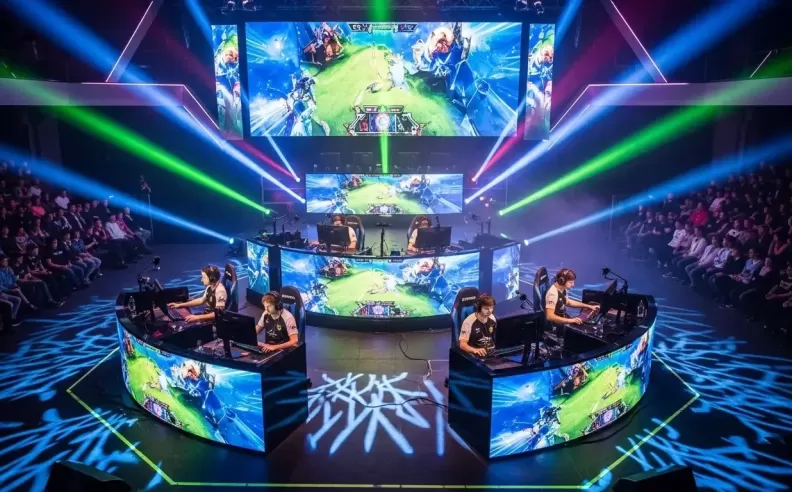
In recent years, gaming has evolved far beyond simple entertainment. Esports short for electronic sports have transformed video games into a massive global industry that rivals traditional sports in both popularity and revenue. With millions of viewers, professional players, and multimillion-dollar tournaments, Esports have become a cultural and economic force, particularly among young men in the Middle East and Gulf region.
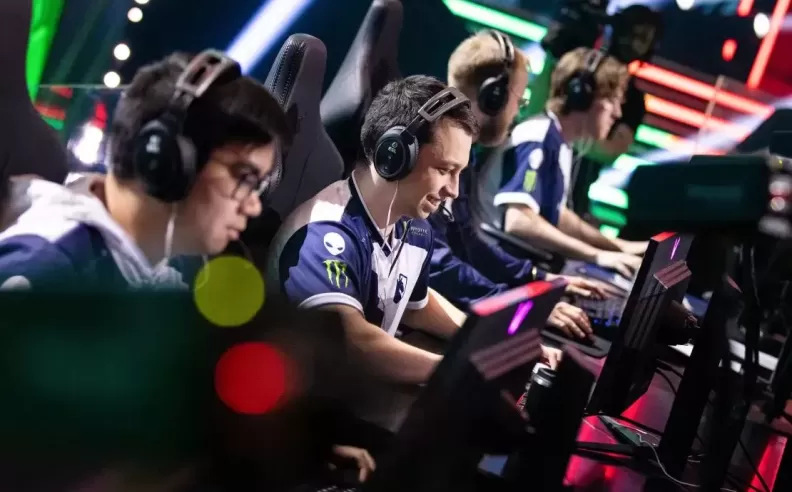
Esports represent organized, professional competition in video games, where players battle individually or as teams in major tournaments streamed worldwide. What started in small gaming rooms has turned into global arenas with millions watching live. These competitions require more than quick reflexes they demand teamwork, strategy, and mental sharpness, creating an experience that mirrors the intensity of traditional sports.
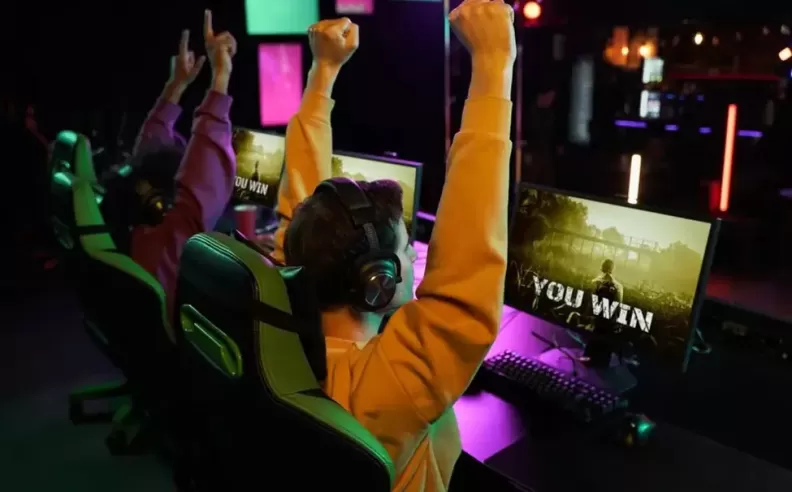
Esports encompass multiple game genres, each with its own dedicated fanbase and skill set.
First-person shooters (FPS) like Counter-Strike 2 and VALORANT test precision and reaction speed.
Battle Royale titles such as PUBG and Fortnite push survival instincts to the limit.
MOBA games like League of Legends and Dota 2 emphasize teamwork and tactical planning.
Real-time strategy (RTS) games such as StarCraft and Age of Empires reward strategic intelligence and timing.
Each category offers a unique competitive experience, but all share one thing in common the thrill of global competition.
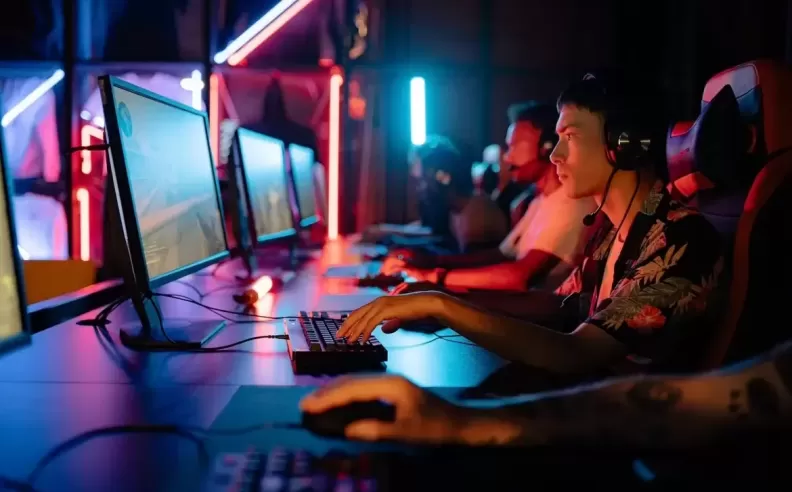
Behind every streamed match lies a booming economy. Global Esports revenues exceed $5 billion annually, fueled by sponsorships from brands like Red Bull and Coca-Cola, exclusive broadcasting deals with Twitch and YouTube, and the sale of branded merchandise. Tournaments such as the Esports World Cup in Riyadh award prize pools worth tens of millions, making professional gaming one of the most lucrative modern industries.
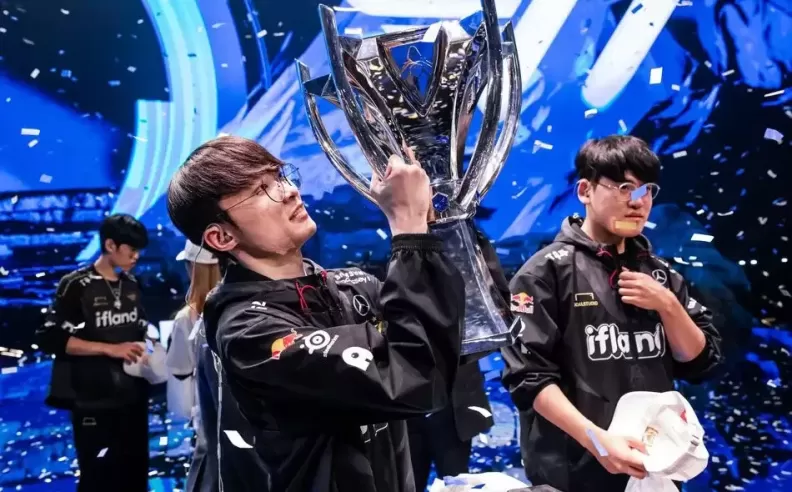
The Esports arena has its own global superstars. Players like Faker from League of Legends, s1mple from Counter-Strike, and Bugha from Fortnite have achieved legendary status, with fanbases rivaling those of traditional athletes. Teams such as T1, Team Liquid, and FaZe Clan dominate major tournaments and secure multi-million sponsorship deals. For many fans, these figures represent a new generation of global sports heroes.
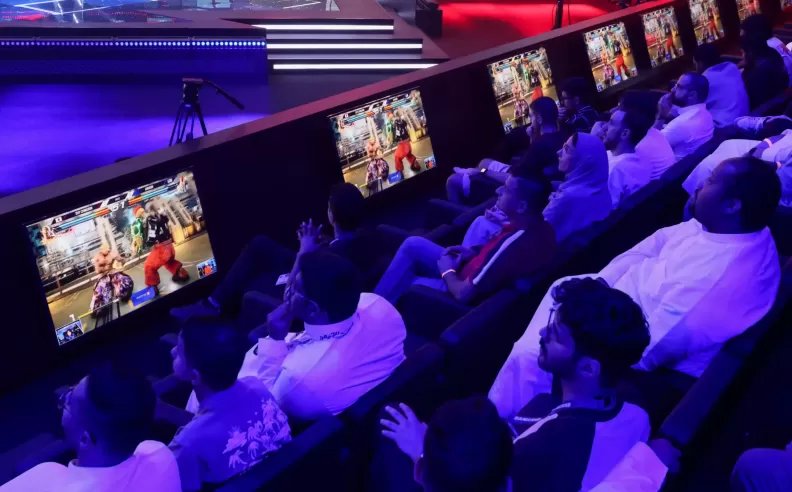
The Arab world particularly Saudi Arabia and the UAE has become a rising hub for Esports. Saudi Arabia now hosts major international tournaments like the Esports World Cup, positioning itself as a global gaming destination. Meanwhile, universities in Qatar and the UAE are launching Esports education programs, preparing youth for careers in gaming, content creation, and team management. With strong investment and government support, Arab players are no longer just participants they’re shaping the industry’s future.
Esports have redefined what it means to compete, blending technology, strategy, and entertainment into one of the world’s fastest-growing industries. In the Arab world, the momentum is stronger than ever, creating opportunities for gamers, investors, and innovators alike. As the line between sport and gaming continues to blur, one thing is clear: the future of competition is digital and it’s only getting started.

Started my career in Automotive Journalism in 2015. Even though I'm a pharmacist, hanging around cars all the time has created a passion for the automotive industry since day 1.